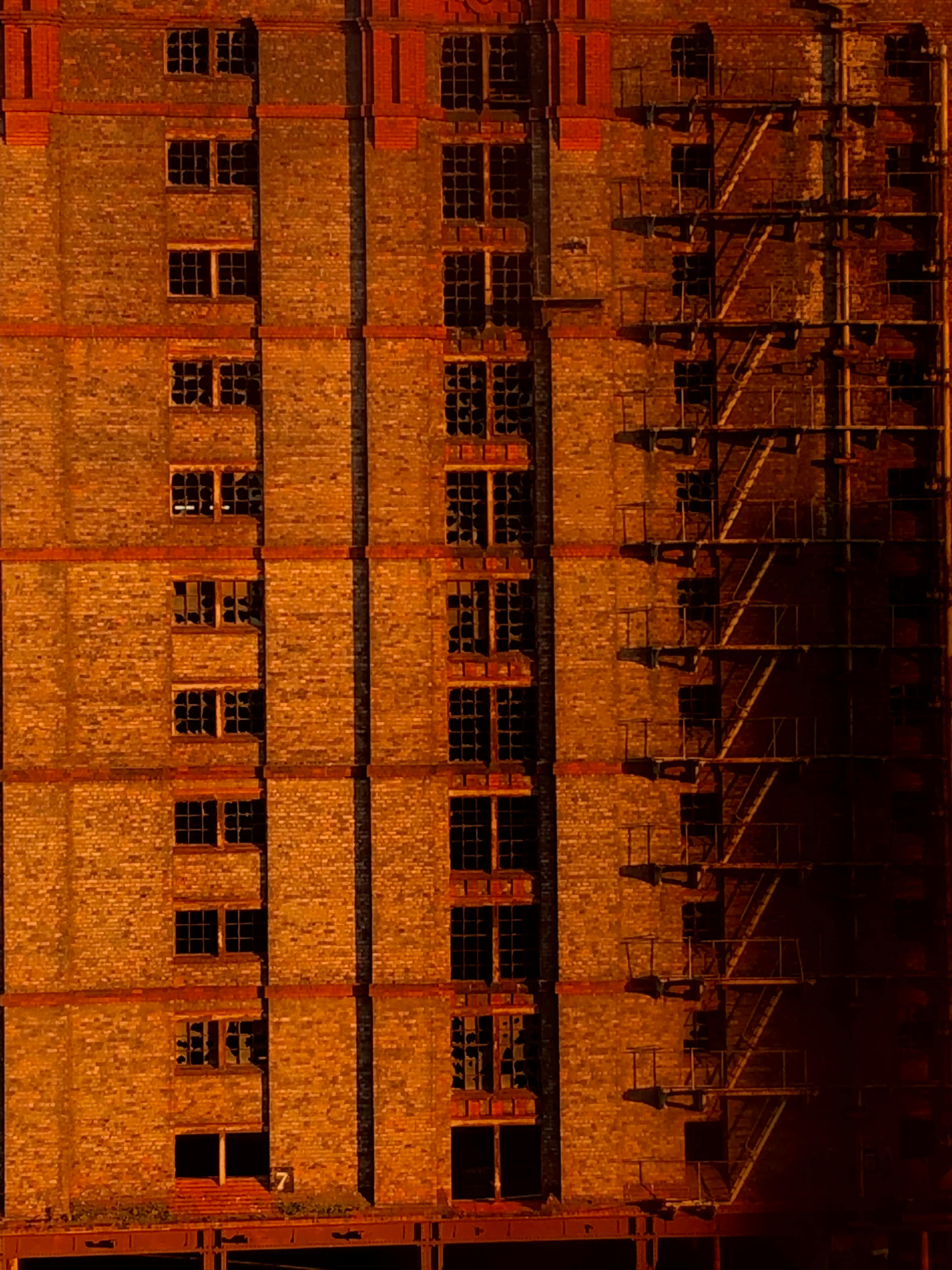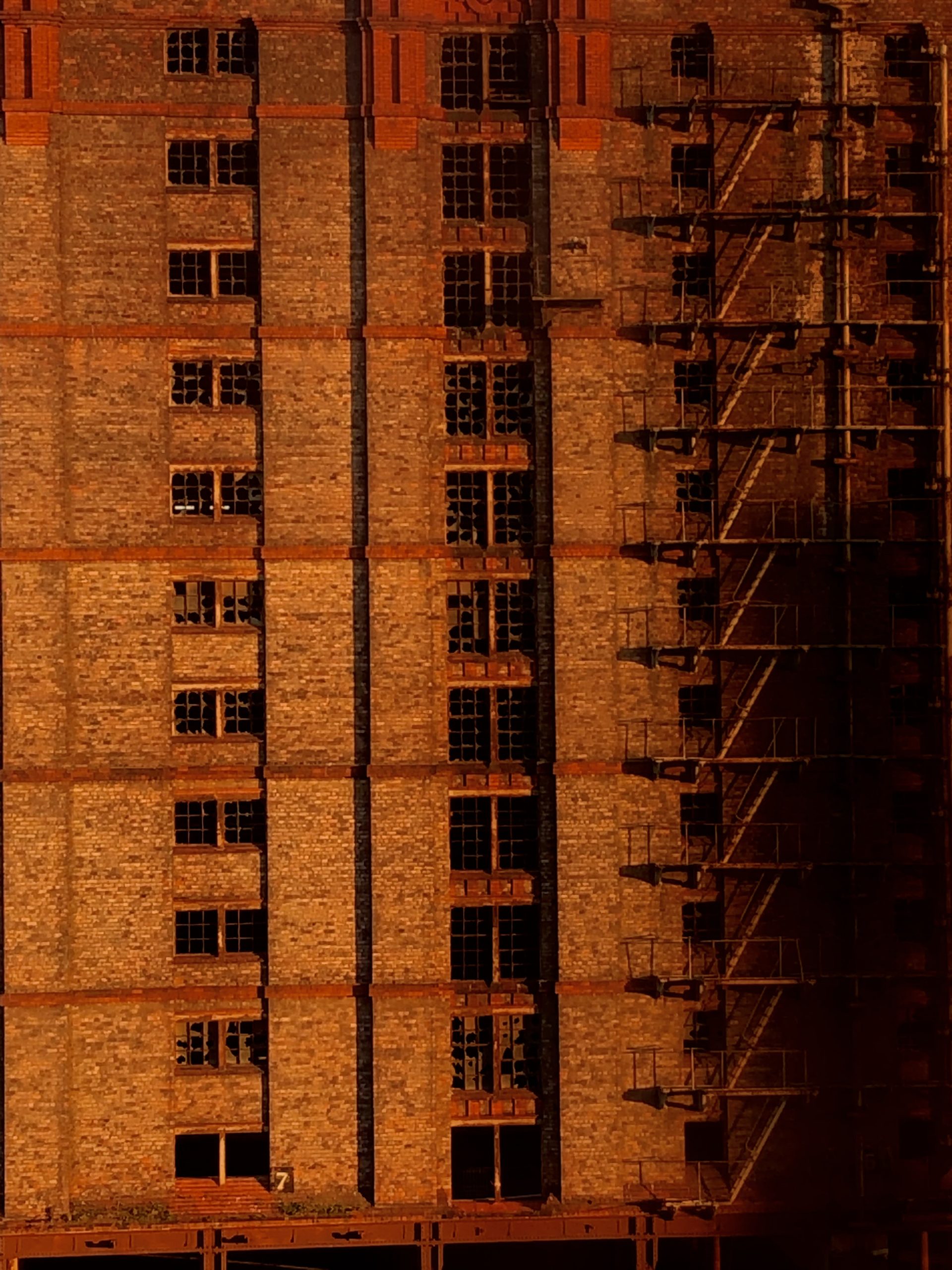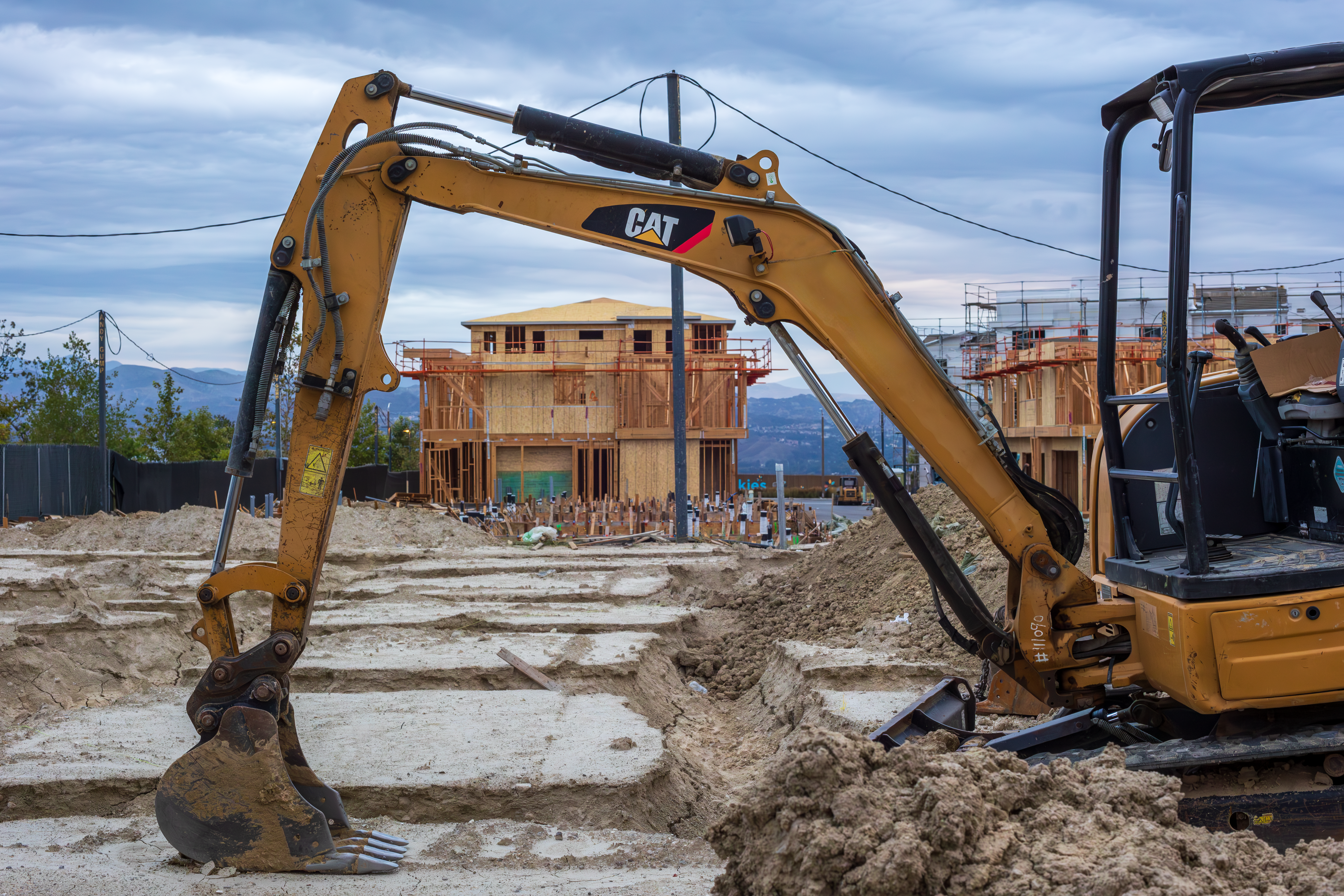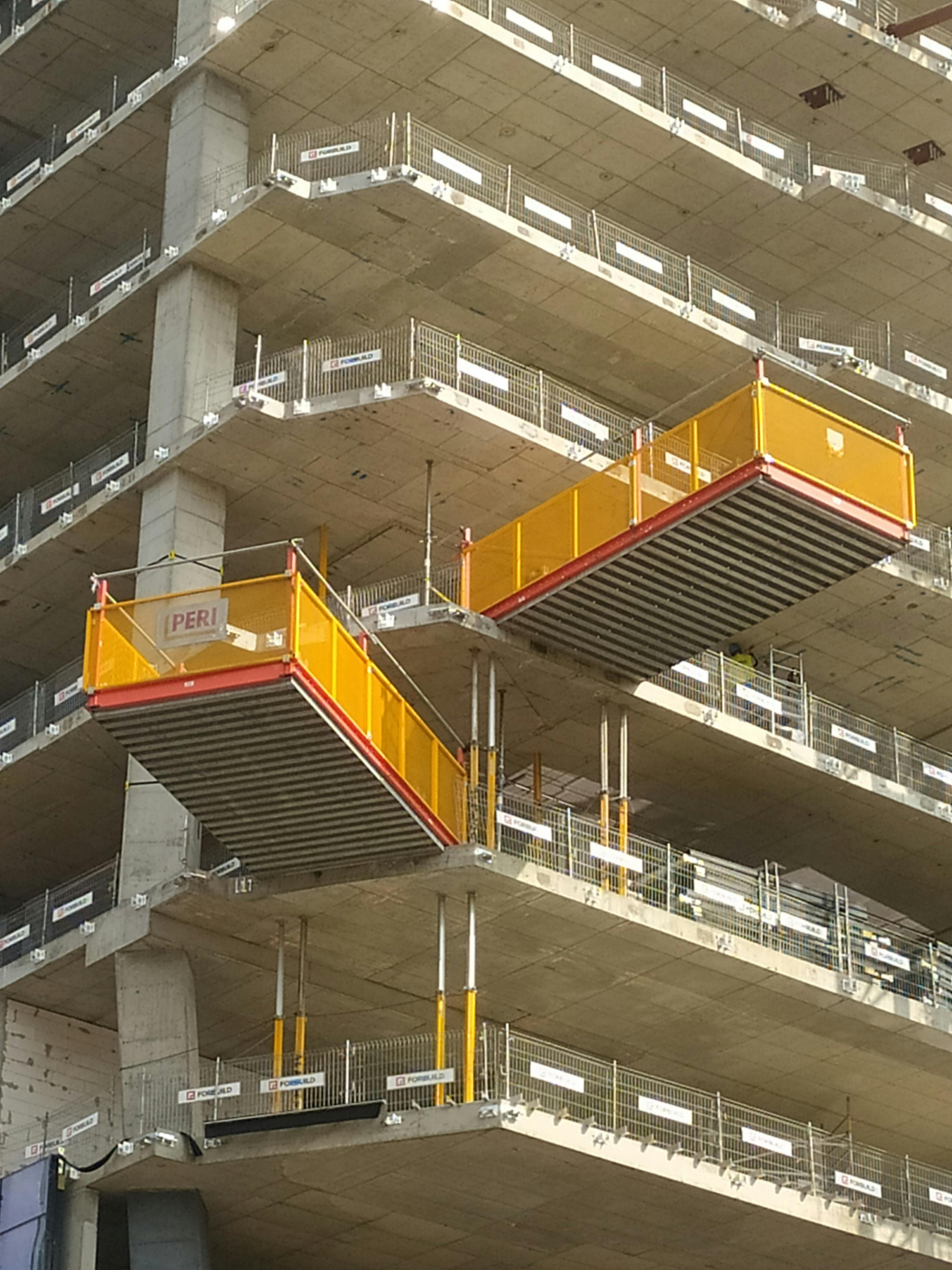Looking for a reliable Construction Lawyer in Bountiful, Utah? Look no further! This article is here to provide you with valuable insight and guidance when it comes to common legal concerns in construction. Whether you’re dealing with contract disputes, construction defects, or issues with permits and licenses, our experienced attorney is ready to assist you. Don’t hesitate to reach out and take the next step towards resolving your construction-related legal issues promptly. Read on for helpful information and expert advice, and remember, we’re just a phone call away.
Overview of Construction Law
Construction law is a specialized area of law that deals with the legal aspects of construction projects. It encompasses a wide range of legal issues that can arise during the planning, design, and construction phases of a project. In the construction industry, legal matters can be complex and challenging to navigate. This is where construction lawyers play a crucial role. They are legal professionals with expertise in construction law and can provide valuable guidance and representation to ensure that your rights are protected throughout all stages of a construction project.
Importance of Construction Lawyers
Construction lawyers are essential in the construction industry for several reasons. They have in-depth knowledge of the complex laws and regulations that govern the construction process. They can help you navigate through the legal complexities, ensuring that you comply with all the necessary requirements. Additionally, construction lawyers offer protection and support in the event of any legal disputes or issues that may arise during a construction project. Having a construction lawyer on your side can provide you with peace of mind and safeguard your interests.

Types of Legal Issues in Construction
Construction projects involve various legal issues that can arise at different stages of the process. Some common legal concerns in construction include contract disputes, construction defects, and payment or non-payment issues. Construction lawyers are equipped to handle these issues and guide you through the necessary steps to resolve them effectively.
Role of a Construction Lawyer
A construction lawyer has a multifaceted role in the construction industry. They provide legal advice and consultation, review and draft construction contracts, and offer support in dispute resolution and litigation. Construction lawyers are well-versed in construction law and can provide comprehensive representation and guidance tailored to your specific needs.

Benefits of Hiring a Construction Lawyer
Hiring a construction lawyer can bring several benefits to your construction project. Let’s explore some of the key advantages:
Protection of Legal Rights
Construction lawyers ensure that your legal rights are protected throughout the entire construction process. They review contracts, identify potential risks, and advise you on how to safeguard your interests. If disputes arise, construction lawyers can represent you and assert your rights, ensuring fair and just outcomes.
Navigating Complex Laws and Regulations
Construction projects are subject to a myriad of laws and regulations at the local, state, and federal levels. Complying with these legal requirements can be challenging, especially for those unfamiliar with the intricacies of construction law. Construction lawyers have the expertise to navigate through complex legal frameworks, ensuring that your project remains compliant and avoids potential legal pitfalls.
Avoiding Costly Mistakes
Mistakes in construction projects can have significant financial consequences. Hiring a construction lawyer can help you avoid costly mistakes by providing legal guidance and reviewing contracts and agreements before you commit. Their expertise can help identify potential issues or red flags, allowing you to make informed decisions and avoid unnecessary expenses down the line.
Services Offered by Construction Lawyers
Construction lawyers offer a range of services designed to address the legal needs of construction projects. Let’s explore some of the key services provided:
Legal Consultation and Advice
Construction lawyers provide legal consultation and advice tailored to your specific project. They can help you understand your rights and obligations, advise on contract negotiation, and guide you through the legal aspects of your construction project. Whether you need assistance with compliance, risk management, or dispute resolution, construction lawyers are there to provide you with the expert advice you need.
Contract Review and Drafting
Construction contracts play a critical role in ensuring a smooth and successful construction project. Construction lawyers can review and draft contracts to ensure that they are fair, comprehensive, and protect your interests. They review contract terms, identify potential issues, and ensure that the language of the contract is clear and unambiguous. Their expertise in construction law can help you mitigate risks and avoid disputes down the line.
Dispute Resolution and Litigation Support
In the event of a construction dispute, construction lawyers can provide valuable support in resolving the issue. They can represent you in negotiations, mediations, arbitrations, or court proceedings, depending on the nature and severity of the dispute. Construction lawyers are skilled in dispute resolution techniques and can help you achieve a favorable resolution efficiently and cost-effectively.
Common Legal Concerns in Construction
Construction projects can give rise to various legal concerns. Let’s examine some of the most common issues that may arise:
Contract Disputes
Contract disputes are a common legal concern in construction. These disputes can arise due to disagreements over project scope, payment terms, delays, or changes in the project. Having a construction lawyer on your side can help navigate these disputes effectively, ensuring that your rights are protected and that a fair resolution is reached.
Construction Defects
Construction defects refer to any flaws or deficiencies in the construction process or the resulting structure. These defects can lead to issues such as leaks, structural integrity problems, or safety hazards. Construction lawyers can assist in the evaluation, documentation, and resolution of construction defect claims, helping you seek compensation for damages and ensuring that the necessary repairs are made.
Payment and Non-Payment Issues
Payment disputes are a significant concern in the construction industry. Contractors, subcontractors, and suppliers may face challenges obtaining payment for their work or materials. Construction lawyers can help you navigate payment matters, including reviewing payment terms, filing mechanics’ liens or bond claims, and pursuing legal action if necessary to enforce your payment rights.
Understanding Construction Contracts
Construction contracts are the cornerstone of any construction project. Understanding their key elements, associated risks, and responsibilities is crucial for a successful project. Let’s delve into the details:
Key Elements of a Construction Contract
A construction contract typically includes essential elements such as project scope, timeline, payment terms, dispute resolution mechanisms, and provisions for changes or delays. Understanding these elements and ensuring that they are clearly defined and agreed upon can help prevent misunderstandings and disputes.
Risks and Responsibilities
Construction contracts allocate various risks and responsibilities among the parties involved in the project. These may include risks related to delays, cost overruns, quality of work, and compliance with regulations. A construction lawyer can help you identify and mitigate potential risks, ensuring that the contract appropriately assigns responsibilities to protect your interests.
Dispute Resolution Methods
Construction contracts often include provisions for dispute resolution, specifying the methods and processes for resolving conflicts that may arise during the project. These methods may include negotiation, mediation, arbitration, or litigation. A construction lawyer can guide you in selecting the most appropriate dispute resolution method and advocate on your behalf throughout the process.

Steps to Take in Case of a Construction Dispute
Despite the best efforts to prevent disputes, they may still arise during a construction project. If you find yourself facing a construction dispute, here are some steps to consider:
Gather Evidence and Documentation
Collect and preserve all relevant evidence and documentation related to the dispute. This includes contracts, correspondence, photographs, records of communication, and any other relevant information. This evidence can be crucial in supporting your case and demonstrating your position.
Attempt Mediation and Negotiation
Whenever possible, explore the option of mediation or negotiation to resolve the dispute. These alternative dispute resolution methods can help you reach a mutually satisfactory resolution without the need for expensive and time-consuming litigation. A construction lawyer can guide you through these processes, providing advice and representation to protect your interests.
Filing a Lawsuit if Necessary
If mediation or negotiation fails to resolve the dispute, filing a lawsuit may be the next course of action. Engaging the services of a construction lawyer can be crucial at this stage to advocate for your rights, prepare and present your case in court, and navigate the complex legal process.
Importance of Timely Payment in Construction
Timely payment is vital in the construction industry to ensure the smooth operation of projects and maintain healthy business relationships. Let’s delve into the significance of timely payment:
Contractual Payment Terms
Construction contracts typically outline specific payment terms and timelines. Adhering to these terms is crucial to avoid payment disputes and maintain project momentum. Construction lawyers can help you understand and enforce payment obligations, ensuring that you receive timely payment for your work.
Mechanics’ Liens and Bond Claims
When faced with non-payment issues, contractors and suppliers may have legal remedies available, such as filing mechanics’ liens or bond claims. These mechanisms provide a way to secure payment by placing a claim on the property or the project’s bond. Construction lawyers can guide you through the process of filing and enforcing mechanics’ liens and bond claims, protecting your rights and improving your chances of recovering the unpaid amounts.
Enforcing Payment Obligations
Enforcing payment obligations is critical for the financial health of your construction business. Construction lawyers can help you pursue legal action to recover unpaid amounts, negotiate settlements, or assert your rights in court if necessary. Their expertise in construction law ensures that you have the best chances of obtaining the payment to which you are entitled.
Navigating Construction Defect Claims
Construction defects can lead to significant challenges and financial losses. Navigating construction defect claims requires a thorough understanding of the legal process. Let’s explore the key aspects:
Types of Construction Defects
Construction defects encompass a wide range of issues, including design errors, faulty materials, poor workmanship, or inadequate maintenance. Identifying and documenting these defects is crucial in pursuing a successful claim. Construction lawyers can assist you in evaluating the defects, determining liability, and pursuing appropriate legal remedies.
Proving Fault and Liability
Proving fault and liability in construction defect claims can be complex. It requires gathering evidence, expert analysis, and legal arguments to demonstrate that the defect was the result of negligence or breach of contract. Construction lawyers have the experience and resources to build a strong case, ensuring that you can hold the responsible parties accountable for the damages caused.
Compensation and Remedies
Construction defect claims seek compensation for the damages caused by the defects. Compensation can include the cost of repairs, diminished property value, loss of use, or other financial losses. Construction lawyers can help you assess the damages, calculate appropriate compensation, and pursue the necessary remedies to rectify the defects and obtain fair compensation.
Why You Should Seek Legal Assistance Promptly
Seeking legal assistance promptly is crucial when dealing with construction-related legal matters. Let’s explore the reasons why you should act promptly:
Statute of Limitations in Construction Cases
Construction cases are subject to statutes of limitations, which set a specific timeframe within which legal claims must be filed. Failing to meet these deadlines can result in the loss of your right to pursue a claim. Construction lawyers can ensure that you comply with the applicable statutes of limitations, preserving your ability to seek legal remedies.
Preservation of Evidence and Witnesses
Preserving evidence and securing witness testimonies promptly is vital in construction cases. Memories fade, documents get lost, and physical evidence can deteriorate over time. Engaging a construction lawyer early in the process ensures that evidence is gathered and preserved to strengthen your case and support your claims.
Avoiding Delayed Resolution
Delaying legal action can prolong the resolution of construction disputes, causing further financial and emotional strain. By seeking legal assistance promptly, you can initiate the necessary steps to resolve the issue efficiently and effectively, minimizing delays and achieving a timely resolution.
FAQs about Construction Law
Addressing frequently asked questions provides clarity and reassurance to individuals seeking information about construction law. Here are answers to some common questions:
What are the common causes of construction disputes?
Construction disputes can arise from various factors, including disagreements over project scope, delays, payment issues, contract interpretation, defective work, or safety concerns. Timely legal assistance can help you navigate these disputes and achieve favorable outcomes.
Can I sue for a construction defect?
Yes, you can sue for a construction defect if the defect resulted from negligence, breach of contract, or violation of warranties. Construction lawyers can help evaluate your case, determine liability, and guide you through the legal process of pursuing a construction defect claim.
How long does a construction lawsuit take?
The duration of a construction lawsuit varies depending on the complexity of the case, the court’s schedule, and other factors. Some cases can be resolved through settlements or alternative dispute resolution methods, resulting in faster resolutions. Construction lawyers can provide you with a better understanding of the timeline based on the specifics of your case.
In conclusion, construction law is a specialized field that covers a wide range of legal issues in the construction industry. Hiring a construction lawyer can provide you with valuable guidance and representation, ensuring that your legal rights are protected and that you navigate the complex legal landscape successfully. From contract review and drafting to dispute resolution and litigation support, construction lawyers offer a comprehensive range of services tailored to your specific needs. By seeking legal assistance promptly and understanding the key aspects of construction law, you can safeguard your interests, mitigate risks, and achieve successful outcomes in your construction projects. Call [Phone Number] now to speak with a knowledgeable construction lawyer and take the next step in ensuring the legal success of your construction project.






















